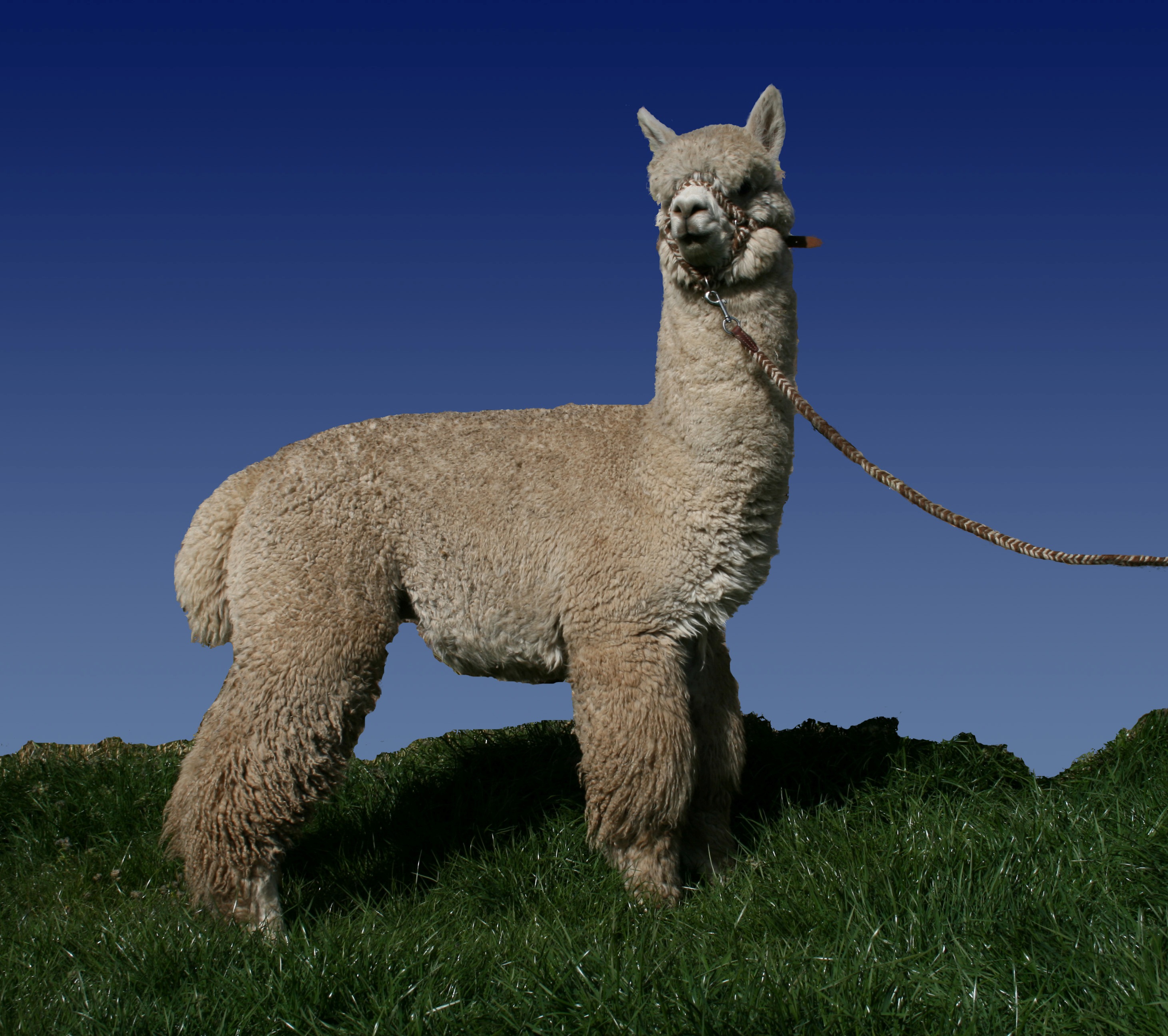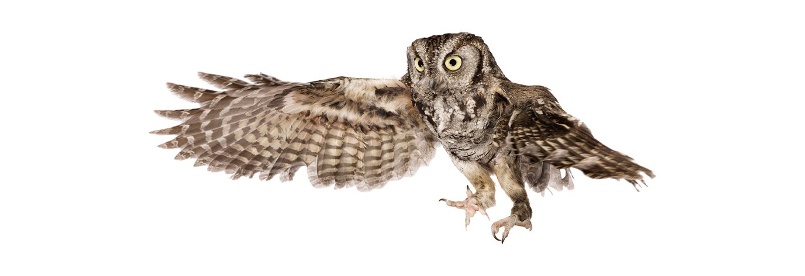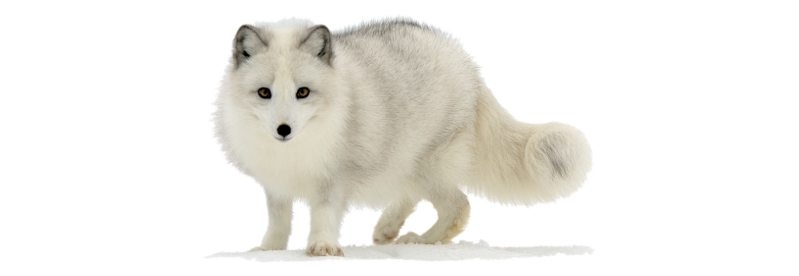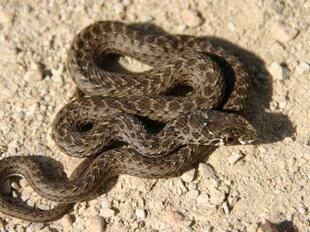
Alpaca(Lama pacosorVicugna pacos)
Phylum —chordata
Class — mammalia
Order — artiodactyla
Family — camelidae
Genus – vicugna
Appearance
An adult alpaca generally is between 81 and 99 centimetres (32 and 39 inches) in height at the shoulders (withers). They usually weigh between 48 and 84 kilograms (106 and 185 pounds).
Their heads, as well as the whole body, are slender while ears are, conversely, large and acuminate. Some alpacas have unicolorous wool, while others’ coat is varicolored, including about 22 colors: from black to white, from ginger to brown. Lower and upper incisors, along with lower canines, serve adult males as fighting teeth.
Habitat
All the year round, alpacas live in herds, over a vast territory, covering northern Chile, northern Bolivia, Peruvian Andes and Ecuador. They are kept and pastured at the height of 3.500-5.000 meters (11.500-16.000 feet) above sea level. Currently, alpacas can be found all around the world, from USA to New Zealand, from Australia to Netherlands, due to their exportation from Latin America to other countries, started in 1980-s.
Behavior
Alpacas are diurnal and social animals. Alpha male is the leader of the herd. As a general rule, herds of alpacas are quite large, covering big territories. Alpha males, in turn, don’t refuse to render protection to a number of females and their young, taking them into the herd. However, once another male comes and overpowers the alpha male, he will straightway become the leader of the herd. And here’s where males start to rival, which brings to serious fights. This rivalries are usually accompanied with shrilly and harsh noises, made by alpha males, having a purpose of warning each other as well as scaring away other alpha males from the herd.
The period of alpacas’ highest activity is sunrise and sunset. Especially the young: usually, at this time of day one can observe playful behavior and increased activity of youngsters.
Diet
Alpacas are herbivores. For its size, an alpaca eats much lesser than other animals. The diet of alpacas consists of hay, leaves, and, in general, they enjoy chewing on nearly everything.
Reproduction
Alpacas are polygynous, i.e. one male can mate with a number of females. Alpacas mate at any time all around the year while gestation period lasts 242-345 days, after which a female gives birth to a single baby, though there have been known cases of twin births. Babies feed upon maternal milk for 6 months and are weaned earlier or later, depending on growth rate. Males reach sexual maturity at the age of 3 years while females are ready to mate much earlier, at the age of 1 year.
In captivity
The average lifespan of an alpaca is between 15–20 years, and the longest-lived alpaca on record is 27 years.
Alpacas are ideal animals for the small homestead. There really is joy in keeping alpacas as they are an easy care livestock. They are hardy, generally disease-resistant and they thrive in every weather condition imaginable. They are good with children and therefore alpacas make excellent pets. They almost always give birth during daylight hours, and is a novel experience for the kids, and also less stressful for mom and dad.
Keeping alpacas means that alpacas are very easy animals to keep, and really don't need much maintenance.
They have a low-protein diet of grasses and pasture plants. Because they have a clean breech, they do not suffer from pests like fly-strike.
They do, however, need a lot of water, particularly in the summer, where they can drink up to 4 liters of water a day.
They will need some shelter, usually a 3-sided structure is sufficient so that they can get out of the wind, sun and rain when required.
Also, make sure that their field has a fence of at least 4 feet to keep stray dogs and coyotes out.
Always make sure that your alpacas have shade and water at all times. Shade created by trees, shade cloth or better still, a tall barn that will give shelter and ventilation. Having fans fitted is also a solution in areas of high heat and humidity.
Keeping alpacas also includes shearing. Shearing alpacas when it is hot is another way of reducing the possibility of heat stress. A full shear is better, although barrel cuts are acceptable.
Make sure that your animals are well fed, but not overfed, as overweight animals suffer more from the heat than those that aren't obese. Proper nutrition of the animals is also an important of raising healthyalpacas. In particular, providing adequate selenium, vitamin E, copper, zinc, and B vitamins such as thiamine can increase the tolerance of environmental extremes.
 Russian
Russian
 English
English
























